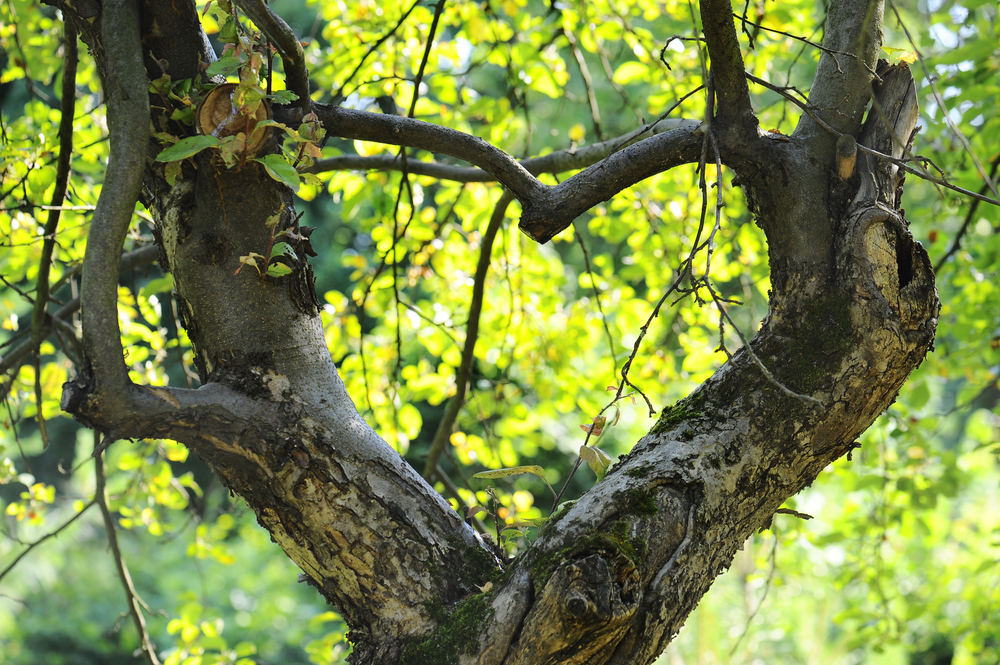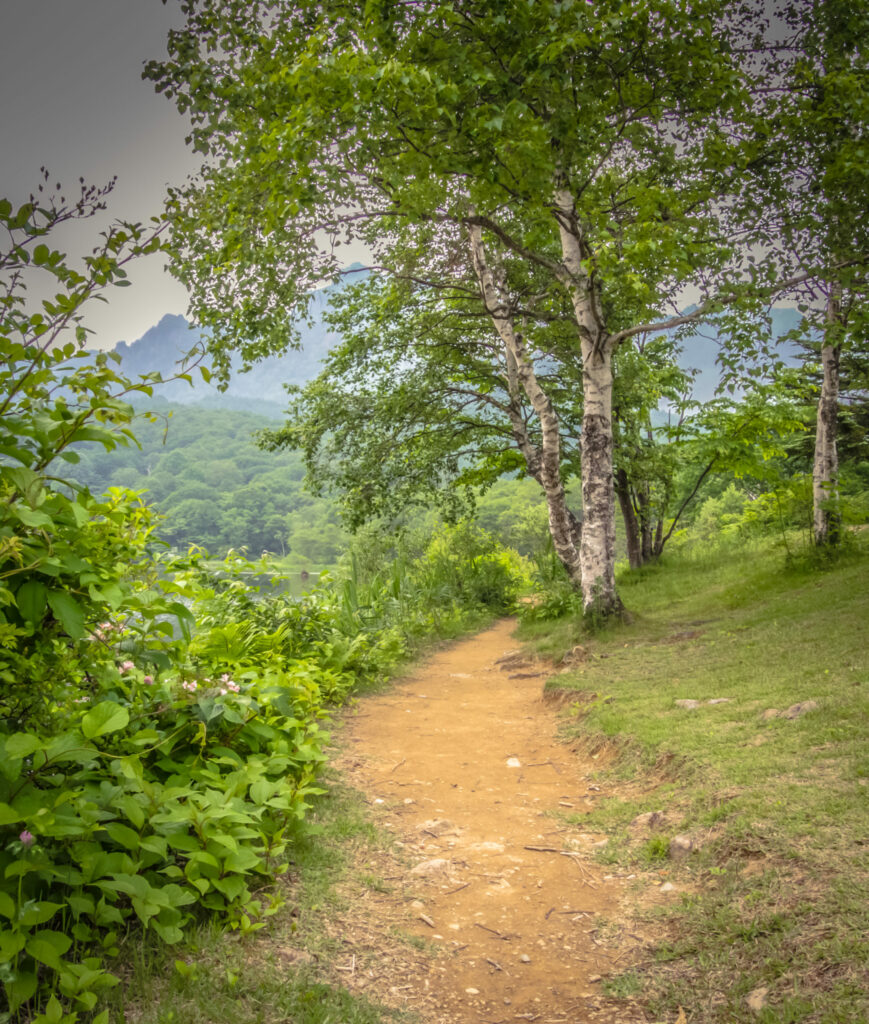The Buddha’s teachings point to a non-contentious heart. “There is gain and loss, slander and honor, praise and blame, pleasure and pain; the awakened ones are not controlled by these external things; they will cease as quickly as they arise. If others speak against you, do not be angry, for that will prevent your own inner freedom. Learn to bear their harsh words patiently until they cease.” When the Buddha spoke these words, his monks were being falsely blamed by jealous local priests. Their struggle was no less real than ours, and the Buddha’s advice is just as relevant today. Yet like all teachings, we must use it wisely. We should not deliberately subject ourself to harsh words, nor think that we cannot respond strongly or leave when that is the best course. This teaching illuminates the liberating possibility that we can live with the freedom of a non-contentious heart.
Shelley, a political activist came to Buddhist practice for help with her stress. She was a fighter, working for environmental justice. She tried to stop the pollution of some of the poorest neighborhoods of America and in the poorest corners of the world. She hated the people in power who abused the poor in this way. At thirty-six she was exhausted. She had always tried to be strong. As she told me her story, I found out that Shelley was also in contention with her family, fighting with her father and brother over the family money. Even in yoga she chose a demanding Iyengar teacher whose poses pushed her to her limits.
In her first meditations, Shelley had to simply breathe and feel the stress, the driveness and guilt. Gradually, she acknowledged the weight of her family history, the legacy of her grandparents who died in the holocaust, and the struggles of her immigrant father who made a lot of money. Slowly she allowed her own feelings to be present. She learned to bow to them and to deliberately breathe in and around them, to make space. As Shelley paid attention, the tension in her body gave way to grief, to hurt, tears and anger. She saw a succession of images of conflict and trauma starting with her early life, and ending with the culture’s betrayal of the environment. By adding compassion practice, her reactions to these conflicts and traumas gradually released. The tension in her body became experienced more as aliveness than as a problem. Her mindfulness brought a new sense of space and ease. But her fears grew too. Shelley had been a strong activist, and now she felt vulnerable, weak. The vulnerability was frightening to her.
I asked Shelley to close her eyes and to allow the fear and vulnerability to be held with kindness. The feelings shifted to an unpleasant emptiness that Shelley called an absence, a lack of holding or ground. The solidity of her world was dissolving. “Don’t fight it,” I suggested, “let it open even more.” As she allowed this groundlessness, she noted that her body began to change. Then a surprised look came over her. “I feel that my body has expanded. It feels as if I’m huge.” I urged her to simply stay mindful of the inner unfolding. She described how her body was no longer sitting on the earth. She had become the earth. As the earth, she was solid, powerful, strong, unshakable. She felt full with a deep satisfaction. Her mind and body were quiet now, spacious but not weak. She was steady and strong. I encouraged her to stay with this realization.
From this perspective Shelley looked back over the years of struggle in both the personal and political spheres of her life and laughed. “I was trying to be strong in the wrong way. I kept trying to fight to be strong. I didn’t realize that strength is a part of me, of life.” She could sense how differently she would approach her conflicts and difficulties now. She could be strong not by struggling, but with an unshakable steadiness firmly grounded on the earth.
Living without contention, we are well-rooted in the earth. Zen poets say we become a mature bamboo – steady at the base, flexible in strong winds, and responsive to the movement of life. The strength of non-contentiousness brings patience and trust. The poet Rilke reminds us, “Being fully alive means not numbering or counting, but ripening like a tree which doesn’t force its sap and stands confidently in the storms of winter not afraid that summer might not come. It does come. It always comes.”
This excerpt is taken from the book, “The Wise Heart“





